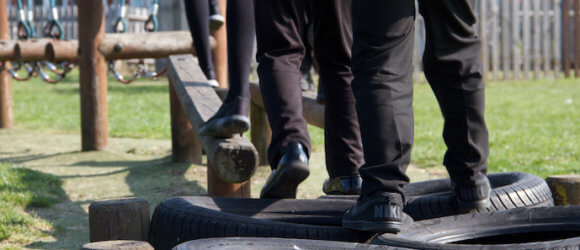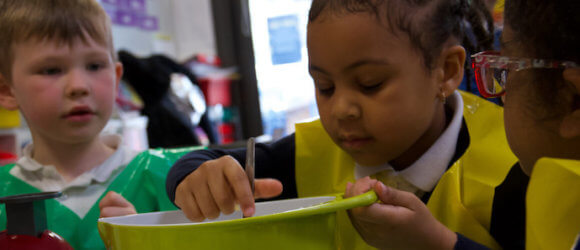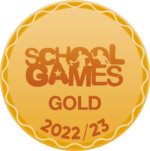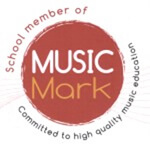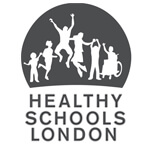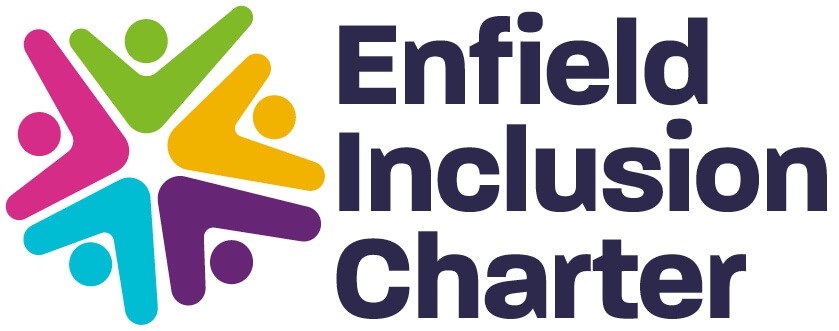Curriculum
Highfield’s Creative Arts Week Video – January 2024
What we do and why
At Highfield we want our children to be knowledgeable about the world around them and to develop the skills and values needed for them to be successful and make a positive contribution to society.
We follow The Early Years Foundation Stage Curriculum and The National Curriculum, however we have developed a bespoke curriculum that drives the aims and values of our school and serves the needs of all our children and families. Our curriculum is broad in scope, meticulous in rigour, coherent and carefully sequenced. It includes not only the formal requirements, but also an abundance of extracurricular activities and topic approaches that we carefully plan in order to enrich the children’s experiences and cultural capital. We place a strong emphasis on securing the basic skills of reading, writing and mathematics in every year group.
Children will be challenged and supported to achieve their potential. We systematically develop children’s knowledge and skills through a sequential curriculum that is relevant to our pupils. By linking knowledge and skills acquired to different areas of the curriculum, children develop a deeper understanding and learning becomes embedded.
Our planning incorporates higher-order questioning, adaptation to meet the needs of all learners and challenge for all pupils. Our curriculum is designed to be meaningful and purposeful, including practical, hands-on activities. Staff take every opportunity to promote learning beyond the classroom – outdoors in our extensive grounds and further afield on trips and excursions.
Children are encouraged to undertake their own research projects, follow their own interests and preferred learning styles through pre-learning topic homework challenges. Regular feedback from children reveals how a cross-curricular approach allows them to make connections and apply their knowledge and skills across different subjects. At Highfield, pupils are motivated and learning is fun.
Our Inclusive Curriculum
At Highfield Primary School, we pride ourselves in having a curriculum that reflects our school community and celebrates diversity. We want all our children to thrive through informed curiosity about the world and to view human challenges. We want our children to think critically about how to change the world for the common good; understand, appreciate and value the diverse experiences and contributions of others – who may be very different from themselves – and enrich their own sense of identity.
In 2019, we made the decision to no longer teach ‘Black History Month’ as a separate entity, but to embed ‘Black History’ within all subject areas across the curriculum. The strong central thread of multicultural Britain is woven throughout the history program, so that by Year 6, sophisticated studies of the diversity of London is possible. Black and Black British History is integrated within the curriculum to enable children to better understand social injustices, racism and misrepresentation; yet also spotlight Black achievements and accomplishments from early civilization to modern day. For example, children in Year 2 will compare and contrast the history of nursing, focusing on Florence Nightingale and Mary Seacole. They will discuss the founding of the NHS and explore the contributions made by the Windrush generation and nurses to the health service. The study of Ancient Rome and Roman Britain in Year 4 will include the multi-cultural nature of the Roman Empire and discoveries such as The Ivory Bangle Lady and the Aurelian Moors. Year 5 will learn about the Trans-Atlantic slave trade & abolition, Ignatius Sancho and Olaudah Equiano. Once children reach Year 6, they will study a ‘London Through Time’ unit, from Tudor London (with John the Trumpeter) to the aftermath of WW2. Children will focus on the diverse communities involved in the war, the rebuilding of London, the impact of the Windrush generation on society, the Race Relations Acts up to the present day, justice & rights and discrimination.
Our Geography curriculum is structured so that pupils gain, over their time in school, an in-depth knowledge of diverse reference points on which to draw from across the world, from the Arctic and Antarctic, to the Gambia, to California and the Amazon Basin, to the Mediterranean to Wales and London, to the Indus Valley and the coastal communities of the Indian Ocean.
Within Literacy, Highfield children are exposed to books written by inspirational Black authors and poets like Malorie Blackman and Benjamin Zephaniah. Core texts across year groups like ‘Vanishing Villages’ and ‘Grace and Family’ and ‘Gregory Cool’ (to name a few…) not only encourage our children to compare and contrast localities, but also highlight different cultural values, traditions, beliefs, inequalities and prompt thought-provoking discussions in the classroom.
Across the curriculum, children also celebrate a diverse range of significant figures from British born artists like Chris Ophili, whose art shone light on diversity of black identities, to Katherine Johnson, who played a pivotal role at NASA as a computer scientist. Our Religious Education curriculum includes role models who are both humanitarians in their own right like Nelson Mandela and Malal Yousafzai and religious figureheads like Desmond Tutu, who all advocate for equality and human rights. Our children often reflect on significant questions: ‘What did they do?’, ‘Why did they do what they did?’, ‘What struggles did they overcome?’, ‘What impact did they have on their local and wider community?’ and ‘How do they inspire others?’
Our PSHE education has a part to play in allowing a safe space to explore attitudes and interpersonal relationships; we also provide anti-racism education at appropriate stages of each Highfield child’s education. We address and reflect on how name-calling, bullying and excluding others is unacceptable and select scenarios that enable children to reflect on their own and others’ behaviour. We also focus on identifying and reporting different types of discriminations and prejudices towards a person’s disability, race, religion and gender.
Overall, we want our children to be inspired by the multicultural Britain we live in and to have an awareness of those who have paved the way for others. Understanding people and their backgrounds is crucial to personal and community growth. Celebrating our differences, as well as our common interests, helps unite and educate us all.
Termly Topic for Years 1-6
Spring Term 2026
Curriculum Maps for Years 1-6
Long Term Plan 25-26 Berry Class
Long Term Plan 25-26 Reception
Interventions
At Highfield interventions within the school day may take many forms such as;
- Pre-teaching a key concept or skill
- Reinforcing the main teaching objectives
- Developing an understanding to a greater depth
- Improving confidence and social skills
This is targeted support designed to help children reach their full potential and involve children of all abilities
Our Creative Curriculum Policy – click here to view
Homework
“Well organised homework can play a vital role in raising standards of achievement”
Please follow the link to see an overview of homework expectations for each year group.
10 THINGS TO HELP WITH HOMEWORK
10 things you can do to help your child learn
1. Give your child confidence through lots of praise and encouragement.
As a parent, you have tremendous power to strengthen your child’s confidence – and confidence is vital to learning.
Provide specific praise that focuses on a particular aspect of their work. Comments such as “I like the way you have…” is more effective than “You’re clever!”.
2. Read to, and with, your child as much as possible.
As part of the National Year of Reading the Government is encouraging parents and carers to read to children, hear them read, or encourage them to read to themselves for at least 20 minutes a day.
3. Encourage children to observe and talk about their surroundings.
Even young children can be helped to read notices and signs, for example, and understand what they mean.
4. Make use of your local library.
Look out for special events and services for children.
5. Visit museums and places you think your child might find interesting.
Children now have free admission to major national museums and art galleries.
6. If your children like watching television, watch it with them sometimes and encourage them to talk about what they have seen. They will get more out of the experience.
7. Try to set time aside to do “homework” activities with young children.
8. Wherever possible, try to provide a reasonably quiet place for children to do homework (or help them to get to other places where homework can be done).
9. Encourage your child to discuss homework with you, including feedback from teachers.
10. Try to help your child to see the enjoyable aspects of homework.

